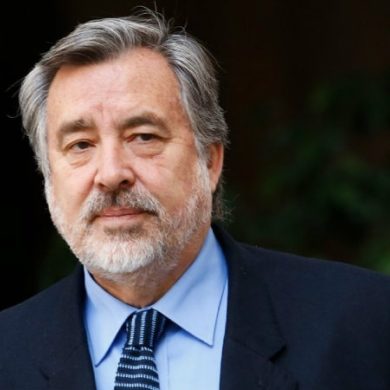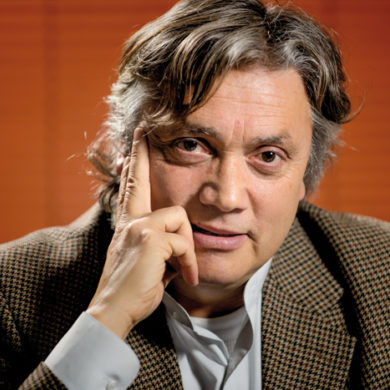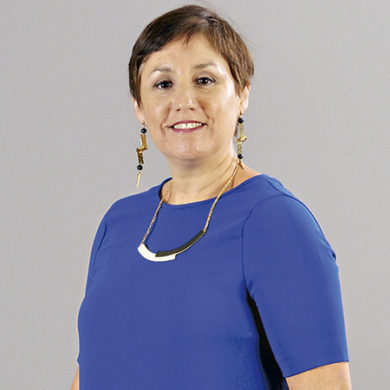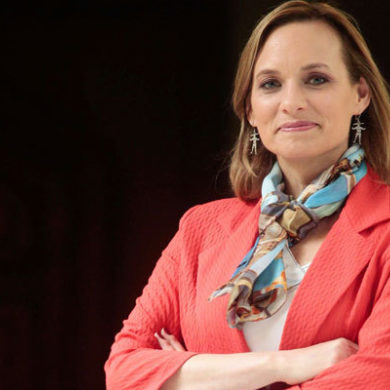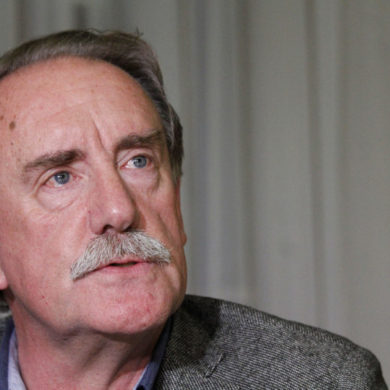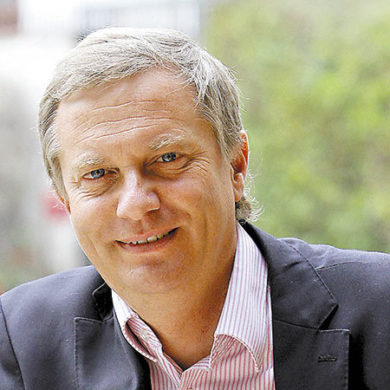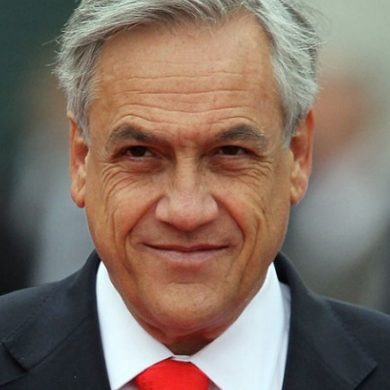Marco Enríquez-Ominami
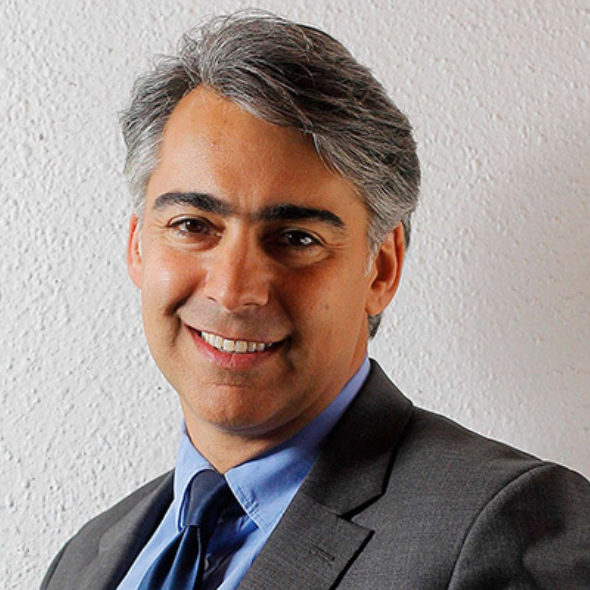
Marco Enríquez-Ominami was born in 1973 in Santiago. In the same year, following the coup that ousted President Salvador Allende, his family had to leave the country and were barred from returning for the next ten years; while Enriquez-Ominami and most of his family took refuge in France, his father stayed in Chile and was assassinated in 1974 by the Chilean secret police.
Enríquez-Ominami has a philosophy degree from the University of Chile and began his career at a film production company, where he produced and directed films, documentaries and advertisements, some of which won awards. He also worked as a professor of film production at universities in Chile and Peru.
Enríquez-Ominami went into local politics in 2005, and in 2009 ran as an independent candidate in the presidential election but was eliminated in the first round with 20.1% of the vote. In 2013, as the Partido Progresista candidate, he won 11% of the vote. The Partido Progresista is described as ecologist, socialist and federalist.
Enríquez-Ominami proposes to decrease military and defence spending, in order to make more resources available to finance investments in the healthcare system, infrastructure, and to be able to hire more doctors and specialists.
A key aspect of Enríquez-Ominami’s program is to offer equal rights for sexual minorities, including the right to marriage and adoption.
He has been outspoken in his criticism of CNN, stating: “I enjoy all kind of media, but I cannot stand CNN since it lied to us in connection to the Iraq War, I think that the Turner Group owes us an explanation for that lie. (…) They destroyed a country with a lie.”
As with many of the other presidential candidates, Enríquez-Ominami’s campaign and the majority of his publicly stated positions relate purely to domestic issues.

